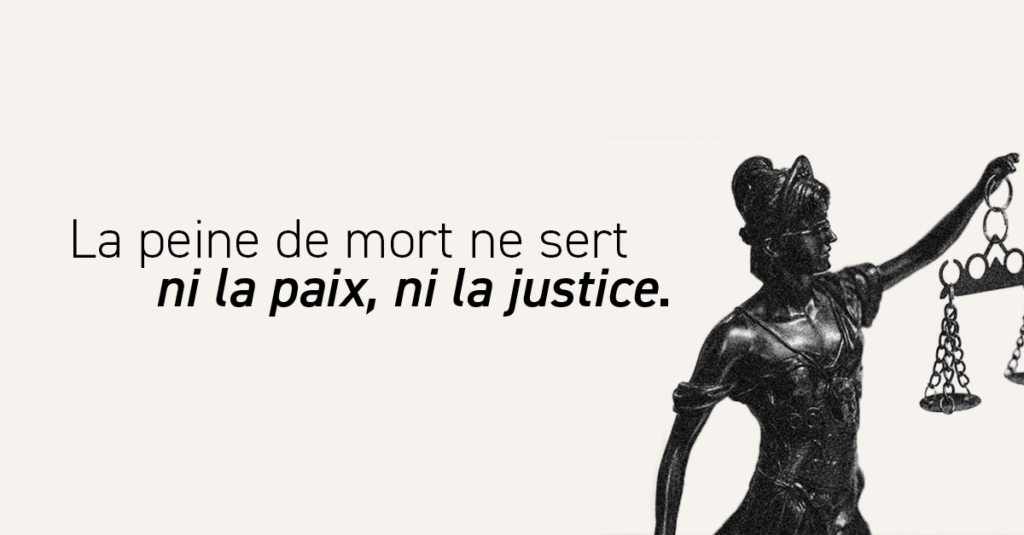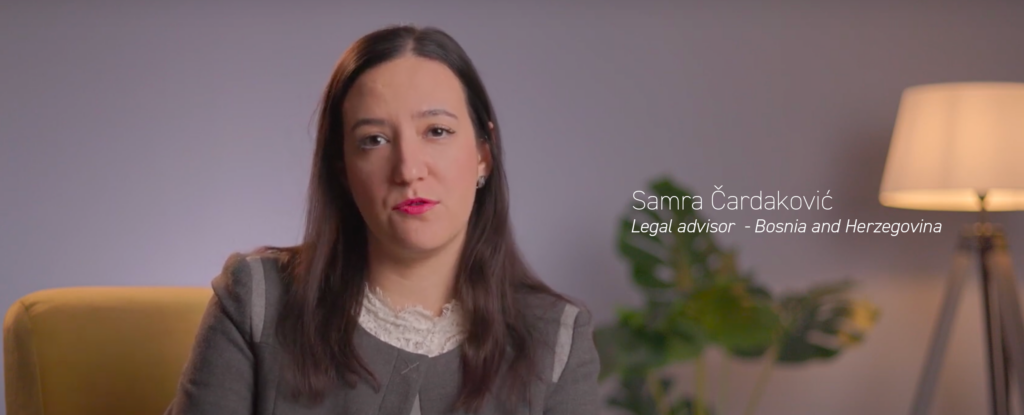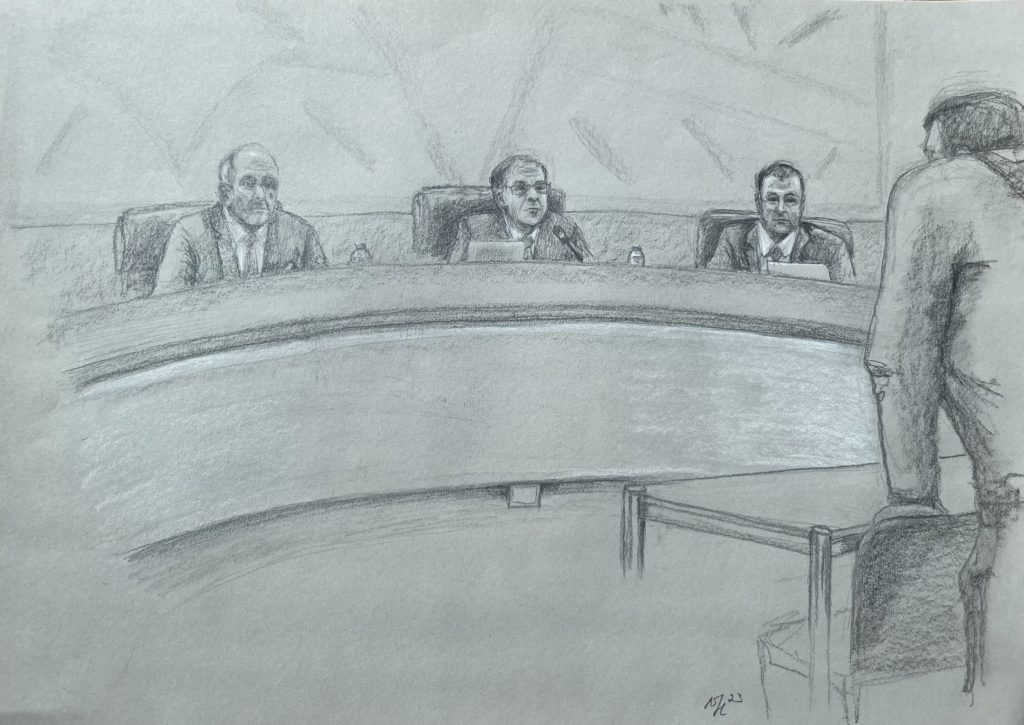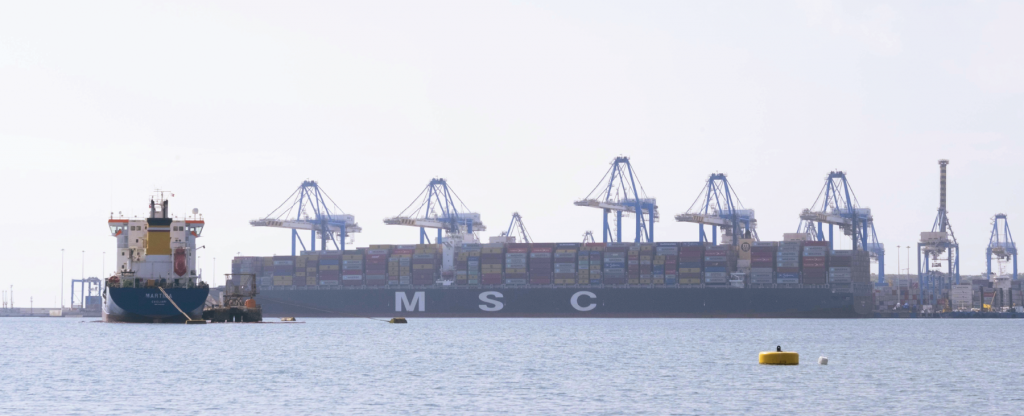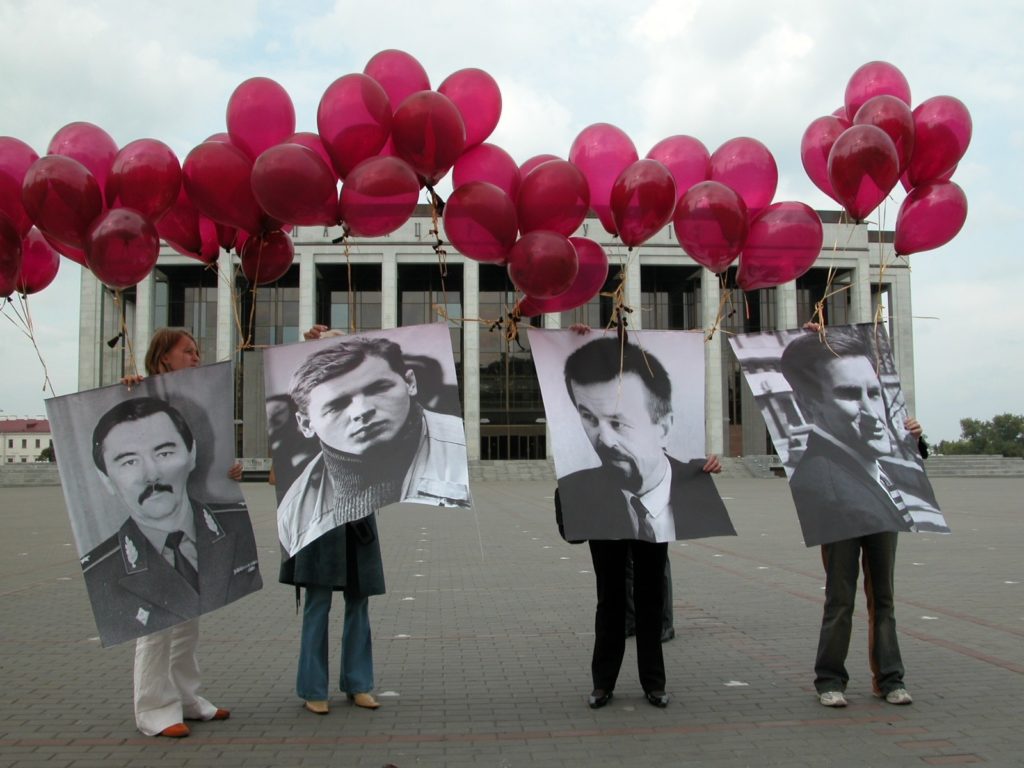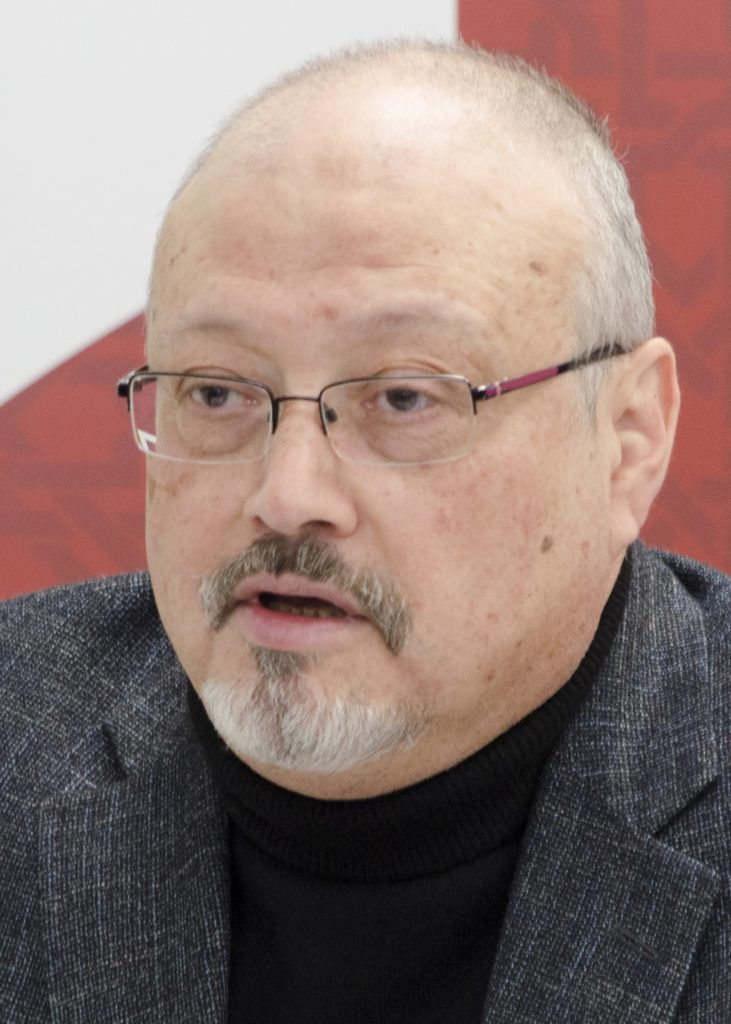Enforced disappearance of Brahim Aouabdia, kidnapped in his workplace
The case
TRIAL lodged an individual complaint before the United Nations Human Rights Committee on behalf of Mériem Zarzi, spouse Aouabdia, in October 2007. She acts in the name of her husband, kidnapped on 30 May 1994 in Constantine, and missing since. He disappeared during a widespread campaign of forced disappearances in Algeria between 1992 and 1998.
Brahim Aouabdia was arrested on his workplace by the police of Constantine in the presence of witnesses. He was driven to the main police station of the city with many other persons arrested in the same circumstances.
Following his arrest, his wife went to the police station and the law court for several days in the hope of seeing her husband. She also asked regularly about his situation at the Prosecutor’s Office. Thereafter, she lodged a criminal complaint for abduction and illegal confinement, for which she never got any answer, and continued to alert all the competent authorities.
It is only three years later that she learned from the police that her husband had been transferred to the Territorial Research and Investigation Centre (TRIC) of the 5th military region of Constantine on 13 July 1994. Nevertheless, no one there ever admitted having seen Brahim Aouabdia at the TRIC.
Mrs Zarzi and her children never stopped to search for him and undertook all action to know the truth about his fate. Brahim Aouabdia’s disappearance also caused them a lot of administrative burden, leading Mrs Zarazi to apply for a death certificate for her husband, in the framework of the 2006 Charter for peace and national reconciliation.
In her complaint before the UN Human Rights Committee, Mrs Zarazi requests that her husband be recognized as a victim of forced disappearance and that Algeria be found in violation of articles 2 § 3, 6 § 1, 7, 9 § 1, 2, 3, and 4, and of articles 10 and 16 of theInternational Covenant on Civil and Political Rights – ICCPR – (right to an effective remedy, right to life, prohibition of torture and cruel, inhuman or degrading treatment or punishment , right to life and security of person, prohibition of inhuman treatment for all persons deprived of their liberty and right to recognition as a person before the law). She also asks for the violation of the articles 2 § 3 and 7 of the ICCPR to be recognized for herself and her children, the disappearance of her husband being the cause of a long and painful uncertainty for all the family.
General context
According to different information sources, 7.000 to 20.000 persons had been arrested or abducted by all corps of Algerian security services and the militia armed by the government between 1992 and 1998, and are missing.
To date, none of the victims’ families got information about their relatives, no investigation has ever been opened as a result of the criminal complaint and the procedure they have completed, and, thought the persons who committed the crimes and the backers are known, none of them have ever been prosecuted or troubled.
The decision
In May 2011, the Human Rights Committee adopted its decision in the case (called “views” in the UN language).
The Committee held that Algeria violated Articles 6 § 1, 7, 9, 10 § 1 and 16 of the International Covenant on Civil and Political Rights, taken alone or in conjunction with Article 2 § 3 of the Covenant, with regards to the victim.
The Committee also held that Algeria violated Article 7 of the ICCPR, taken alone and in conjunction with Article 2 § 3, with regards to the victim’s wife and their six children.
The Committee requested Algeria to “conduct a deep and rigorous investigation into the disappearance of Brahim Aouabdia”, to “furnish his family with detailed information concerning the results of its investigation”, to free him immediately if he is still being secretly detained or, if he is deceased, to return his mortal remains to his family. Moreover, the Committee insisted on Algeria’s obligation to “indict, put on trial and punish those responsible for the violations committed”. Algeria was also required to pay an adequate compensation to the spouse and family of the victim for the violations endured.




